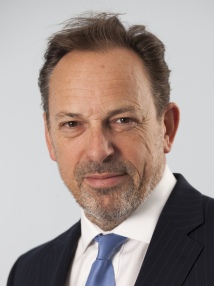BibTex format
@article{Bourne:2022:10.1136/bmjopen-2021-051700,
author = {Bourne, T and Kyriacou, C and Shah, H and Ceusters, J and Preisler, J and Metzger, U and Landolfo, C and Lees, C and Timmerman, D},
doi = {10.1136/bmjopen-2021-051700},
journal = {BMJ Open},
pages = {1--12},
title = {The experiences and wellbeing of healthcare professionals working in the field of ultrasound in Obstetrics and Gynecology as the SARS-CoV-2 pandemic was evolving: a cross-sectional survey study},
url = {http://dx.doi.org/10.1136/bmjopen-2021-051700},
volume = {12},
year = {2022}
}

